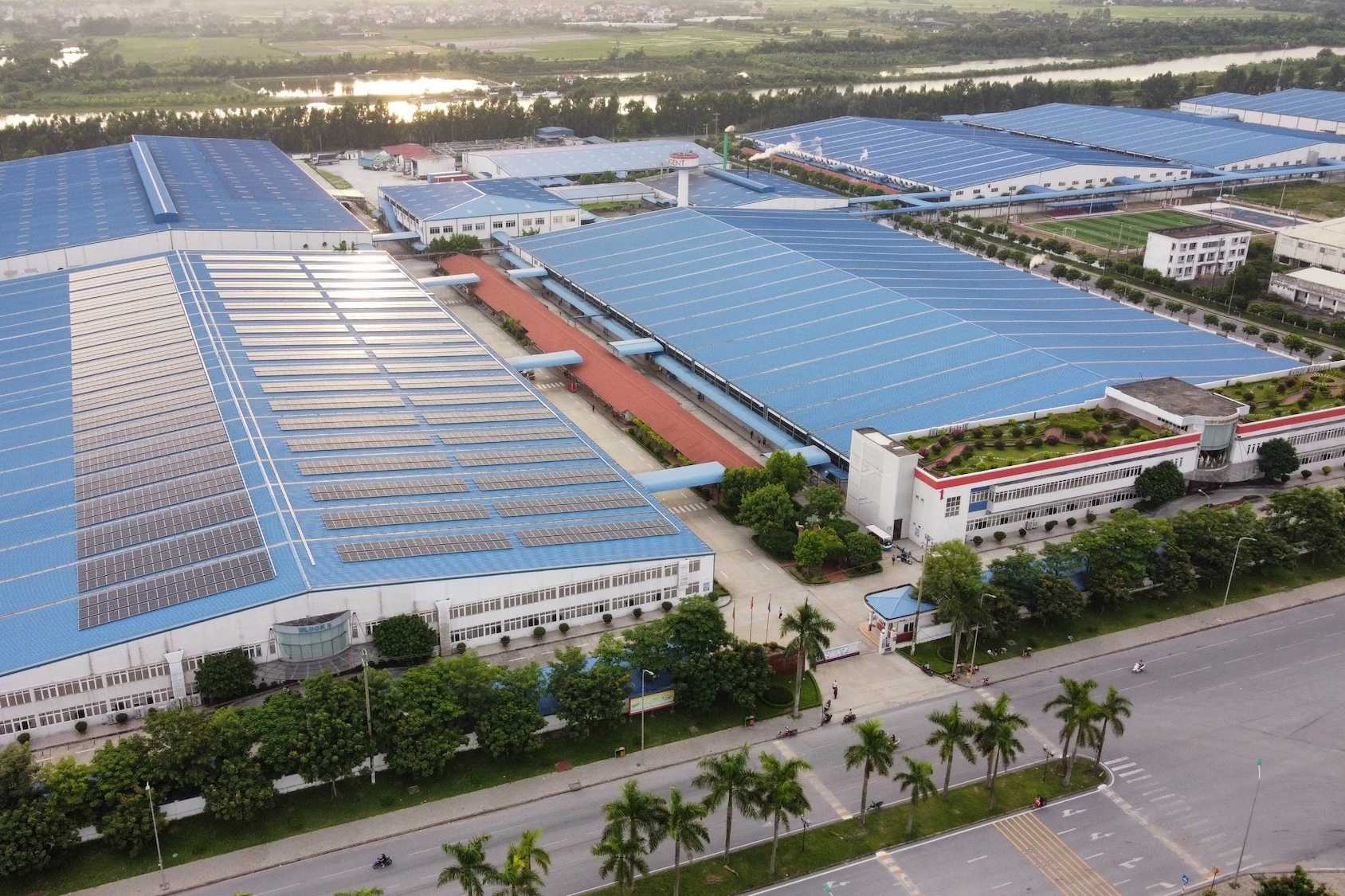

Crystal International
Crystal International Group Ltd (Crystal International) has made unceasing efforts to reduce operational waste generation and disposal at its global factories. The Group is working tirelessly to implement comprehensive waste management and put circularity into practice in order to advance toward the goal of “Zero Landfill.” In order to achieve zero production waste to landfill, Crystal’s sportswear factories in Vietnam and lifestyle wear factories in China diverted 100% of their production waste from landfill and incineration through recycling and waste-to-energy.
Crystal International has been spending untiring efforts in minimizing operational waste generation and disposal in its global factories. To move ahead towards the vision of “Zero Landfill”, the Group is working relentlessly to adopt holistic waste management and put circularity into practice. Crystal’s sportswear factory in Vietnam and lifestyle wear factory in China successfully attained zero production waste to landfill by diverting 100% of its production waste away from landfill and incineration through recycling and waste-to-energy.
The factories advanced and fully realized the value of fabric waste with various initiatives through collaboration with qualified waste co-processing partners, in addition to the Group’s waste management practices across the entire production and supply chain, including reduction at source via managing material purchasing and utilization.
The Vietnamese sportswear business repurposed fabric scraps into plastic powder and pillow cores. More than 125,000 kg of carbon emissions each year that were caused by the treatment and disposal of garbage were successfully decreased because of these recycling measures. By carefully blending fabric waste with cement raw materials and co-processing at least 1400°C in the cement kiln, the factory also recovered energy and used fabric waste material for cement manufacture. Recycling about 5,900kg of cement could be produced by recycling over 117,000kg of waste.
The Chinese lifestyle apparel manufacturer created a thorough trash collection system that included waste streams. Other trash, such as sludge and food waste, was recycled into bricks and fish feed in addition to recycling fabric waste into yarns. Non-recyclable material was delivered to a waste co-processing partner for energy recovery in order to utilize 100% of the sorted waste. The plant kept 3,040 tonnes of solid waste out of landfill in 2022.
Catherine Chiu, Vice President, Global Sustainability of Crystal International, said that waste is not waste since they recycle and upcycle factory waste fabrics to make new fashions. They constantly include circularity in the design and manufacturing processes and consider the potential benefits of using fabric waste from operations. She is looking forward to working with various partners to investigate new circularity potential.
To address the problem of supply chain waste and attain net zero, the circular economy is one of the major enablers. Along with other stakeholders, Crystal International will continue to build up circularity and upcycling, laying the foundation for a green and sustainable fashion business.
Kathmandu has launched Seeker range, an innovative and sustainable activewear collection that merges eco-friendly advancements with functional design.
The Global Organic Textile Standard (GOTS), managed by the non-profit organization Global Standard, has joined the Make the Label Count…
Packaging company Pact Group has partnered with textile recycling technology firm BlockTexx to develop a system for recycling discarded clothing…
Loftex USA is strengthening sustainability with the launch of eco-friendly towel sets, blending innovative performance features with luxurious designs.
Toray Industries, Inc. announced that starting this April, it will implement the mass balance approach in manufacturing its TORAYLON™ acrylic…
Cxffeeblack has joined forces with COMOCO Cotton, a sustainable textile company, to create a special coffee-dyed T-shirt made from unbleached…